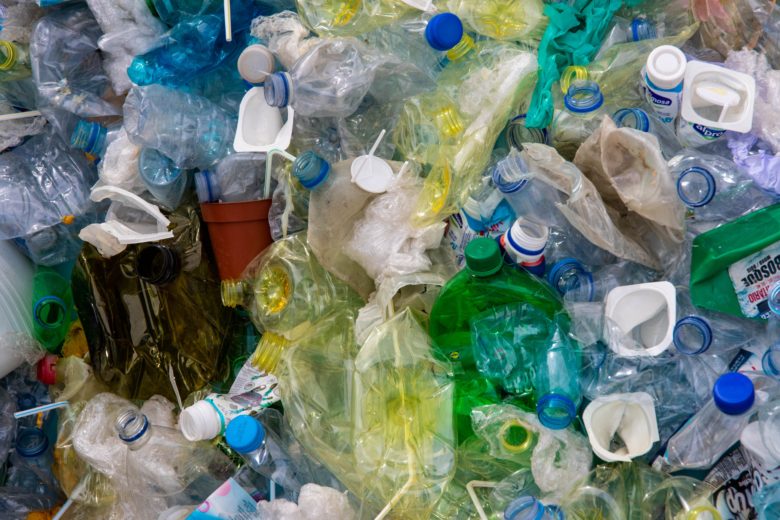UN plans globally binding agreement against plastic pollution

Last week, around 170 member states of the United Nations gathered in Paris. The main topic was how to end plastic pollution by 2040. The meeting marked the second of five intergovernmental rounds of negotiations. The member states intend to present soon a draft for a globally binding agreement against plastic pollution. However, many local environmentalists are critical of the outcome of the negotiations so far.
Bulgarian zero waste startup DiFOLD grabs the German Sustainability Award Design
Devastating for humans, seas, and animals
“Our countries, our soil, our water, our air, and even our bodies are affected by plastic,” warned the chairman of the International Negotiating Committee, Gustavo Meza-Cuadra Velásquez. “Plastic pollution is everywhere. It knows no borders and poses a global threat to the environment and our health.”
He’s not wrong: Almost 500 million tons of plastic are produced worldwide every year. According to Greenpeace, plastic production could double in the next 10 to 15 years and triple by 2050. The United Nations Environment Program estimates that over a million seabirds and 100,000 marine mammals die every year because of plastic waste. In humans, microscopic plastic particles have been found in the blood, breast milk, and placenta.
Recycling is not enough
The proposed by UN action on plastic pollution includes a global ban on single-use plastic and “polluter pays” programs. According to media reports, the treaty could also aim to limit plastic production and introduce restrictions on certain chemicals used in plastic manufacturing. Alternatively, some countries and companies, particularly those involved in oil and gas exports, are promoting increased recycling.
Environmental experts who attended the UN talks as observers expressed their concerns about the planned way of dealing with the global plastic problem. The head of the United Nations Environment Program (UNEP), Inger Andersen, warned “that we cannot free ourselves from this mess by recycling”.
The first two days of the UN conference is said to have exclusively focused on frustrating discussions about procedural rules. There has been, unsurprisingly, resistance from major plastics producers. Saudi Arabia, India, and China in particular are said to have joined the petrochemical industry in doing their best to prevent a faster outcome.
New opportunities and issues after the end of single-use plastics in the EU
Draft expected by the end of the year
On Saturday, after the conclusion of the second round of negotiations on the UN plastics agreement, the member states agreed to present a legally binding draft agreement by the next conference in Kenya. The UN is expected to present the first draft at the end of November. Finally, by 2024, the UN states want to have drawn up a finished convention in which binding rules and measures are laid down that should affect the entire life cycle of plastic.
Greenpeace is dissatisfied with the outcome of the talks so far and is calling for a ban on plastic by 2040, which is considered highly unlikely. “Time is running out and it is clear from this week’s negotiations that oil-producing countries and the fossil fuel industry will do everything in their power to weaken the treaty and delay the process,” said Angelica Carballo Pago, global media director for plastics at Greenpeace US.






























